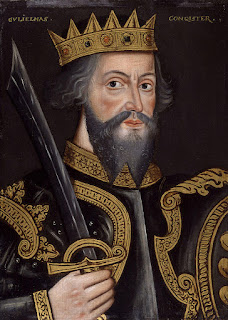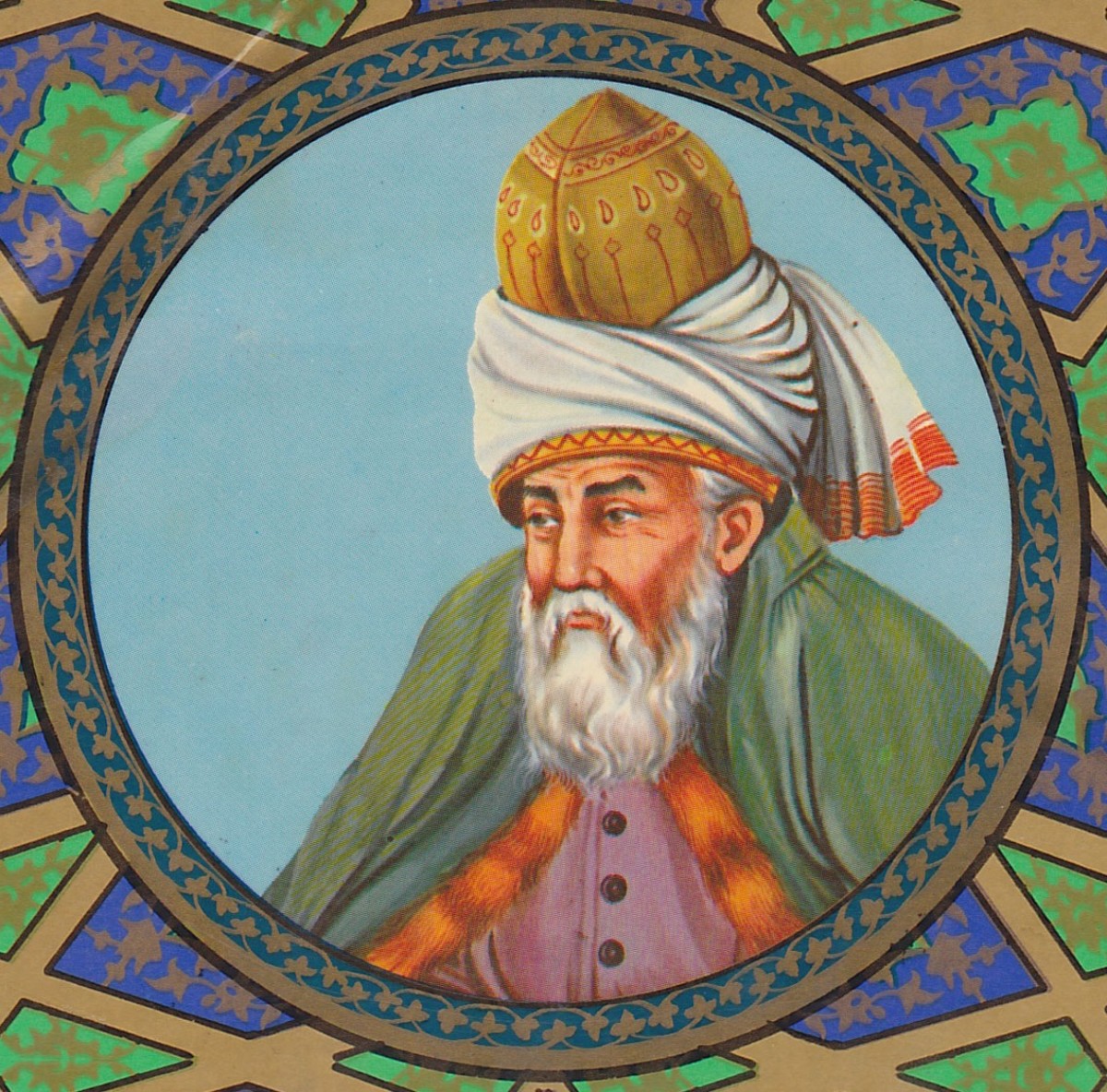6 Things We Can Learn from William the Conqueror
William I, William the Conqueror, William the Bastard, first Norman King of England, lived from AD 1028 to 1087. He reigned as King from 1066 until his death, and brought the Common Law to what is now Britain. Here was the illegitimate son of Robert I, Duke of Normandy. Here was a man who ascended to the height of power by a combination of charisma, intrigue and strategy. For he who was stricken by the uncertainty of illegitimacy, his greatness was vindicated by his crowning as King at Westminster Abbey on Christmas Day 1066. Here is what we can learn from him.
1. Unflinching Discipline
By most accounts, King William was 'a hard man', determined to use force to impose his will on the nation he had conquered. His success was undeniable: so successful was he, that the Anglo-Saxons became second-class citizens in their own country.
A Benedictine monk pointed out: "William, Duke of Normandy, never allowed himself to be deterred from any enterprise because of the labour it entailed. He was strong in body and tall in stature. He was moderate in drinking, for he deplored drunkenness in all men. In speech he was fluent and persuasive, being skilled at all times in making clear his will. He followed the Christian discipline in which he had been brought up from childhood, and whenever his health permitted he regularly attended Christian worship each morning and at the celebration of mass."
Now, this should not be taken as an accurate representation of William's baser instincts. Perhaps he is best known for his ascent from bastard to conqueror; but his complete control of the writing of history was perhaps also attributable to his despotic tendencies. "Christian discipline" must, in my eyes, refer to nothing more than the discipline of the individual, determined to overcome all odds, no matter the cost. It speaks nothing about the underlying morality of the person.
Then again, what is morality if it leads to destruction and death?
2. Self-Determination and Patience
Perhaps most important to King William's personality is his relentless determination to fulfill his ambitions. Perhaps this stemmed from a possible inferiority complex regarding his bastard status; whatever the case, he never rested on his laurels, nor deviated in his quest for power. When his rival Harold was crowned on 6 January 1066, William (then a mere Duke) prepared his war machine, assembling an army and an invasion fleet in Normandy. Then William bid his time.
The time came after Harold exhausted himself defeating his other rivals, Tostig and Harald Hardrada, killing them at the Battle of Stamford Bridge. Here was an opportunity that could not be missed; the Norman fleet set sail two days after that battle, with William setting the stage at Hastings.
The rest is history. William defeated Harold's army, with Harold himself dying in the ensuing melee.
3. Always Pay Back Humiliation a Hundredfold
Here was a man that did not allow society's perceptions of legitimacy to stop his ascent to power. In theory, no illegitimate son could sit on a ducal throne, let alone a royal one. And there was no doubt that William was illegitimate. At a time when the church demanded ever-stricter observance of the laws of marriage, William’s mother, Herleva, remained unmarried to his father, Duke Robert ‘the Magnificent’. Rumour had identified Herleva as the daughter of a tanner, soiled by that professions' association with dung and abbatoirs.
In the early 1050s, the men of Alençon taunted him from the town walls, beating on pelts and furs, mocking his mother’s low birth. William's response was swift and brutal: as soon as Alençon fell, those who had mocked him were deprived of their hands and feet.
When persons step on your pride, a lack of resistance is construed as acceptance. You are spit on, emasculated. If you do not prosecute your enemies with the greatest prejudice (for these are indeed your enemies), then perhaps you deserve that humiliation. Which is not to say one must always use forceful means - that option is simply not open to modern persons. Rather, you must endeavour to defeat your enemies subtly; it is only when victory is won that you should make such victory public - a resounding declaration that you pay back humiliation a hundredfold.
4. Never Break in the Face of Resistance
During the Battle of Hastings, the numbers on both William's and Harold's sides were about equal. The composition of troops, while it favoured William (who had both cavalry and infantry, as well as many archers, as compared to Harold who had only foot soldiers), did not guarantee the battle. Harold's English soldiers had formed a shield wall along a ridge and were initially so effective that William's army was thrown back with heavy casualties. Some of William's Breton troops panicked and fled, and a rumour that William had died swept through the Norman forces.
Taking his horse by the spur, William succeeded in rallying his troops and subjected the pursuing English troops to cavalry attacks. The decisive moment came when Harold was killed, perhaps by an arrow, although we may never know. So it is that William, who did not balk even in the face of defeat, won his great victory - putting him on the path to Kingship.
5. Be Courageous and Forceful
Part of the reason why William was so successful was because his own courageous and forceful nature inspired others around him. According to William to Poitiers, "William was a noble general, inspiring courage, sharing danger, more often commanding men to follow than urging them on from the rear. The enemy (at the Battle of Hastings) lost heart at the mere sight of this marvellous and terrible knight. Three horses were killed under him. Three times he leapt to his feet. Shields, helmets, hauberks were cut by his furious and flashing blade, while yet other attackers were clouted by his own shield."
In this age where martial prowess is less an indicator of excellence than industry, we might instead conceive of William's leadership style as 'leading by example'. But this is not that simple kind of leadership, where others aspire to be the same as yourself. Williams' leadership is one by 'courage' - both terrible and forceful, capable of wreaking great changes and whipping up his troops into a frenzy. This 'courage' goes beyond leadership by example, by presenting a model of nobility and excellence that others marvel at.
6. From Introspection and Experience Might Come Wisdom
Christopher Brooke has argued that over the years William had developed all the qualities needed to be a successful leader: "Some of William's qualities were matured and hardened early in the tough school in which he grew up. He learned to be forceful, and firm; to be ruthless, but to avoid needless violence; he learned that he could only trust the Norman barons when they feared him. Skill in arms, a taste for the hunting field, an interest in military techniques, all came young. But some of his most striking qualities and interests grew slowly to maturity. He was certainly a man of imagination; but his ideas did not come by swift intuition. They came slowly, by experience carefully reflected on; they bore fruit, because William, for all his prudence, was lavishly endowed with moral courage."
Not all of us are as sharp as our peers. But being 'sharp' is no ultimate indicator of success. Experience, the valuable kind that comes through reflecting on your past actions, is the resource that pays the most dividends. Make of that what you will, for you have one mind and one body of experience - and a lifetime of application.




Comments
Post a Comment